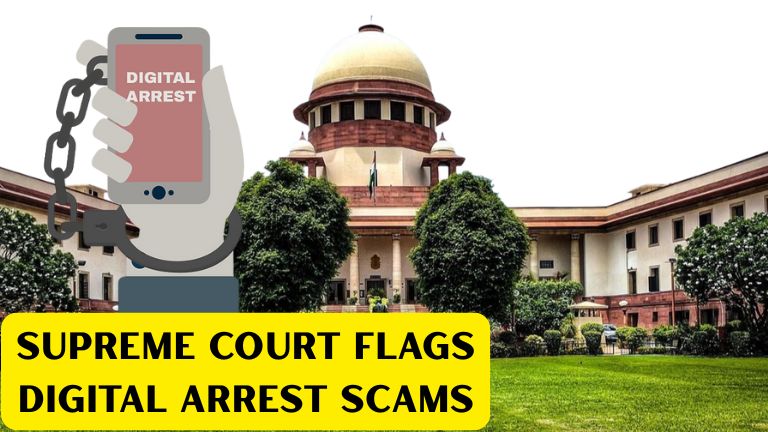Satish Kumar Mittal, J.@mdashThe petitioner is a Law Graduate. He is orthopedically physically handicapped. In pursuance of the advertisement
dated 20.01.2015 (Annexure P-1) issued by the Punjab Public Service Commission, he applied for the Punjab Civil Service (Judicial Branch)
Examination 2014-15 under the category of Physically Handicapped (Orthopedically Challenged) for recruitment to the post of Civil Judge (Junior
Division)-Cum-Judicial Magistrate. As per the advertisement, candidates equal to 10 times the number of vacancies advertised, selected in order
of their merit in the respective categories in preliminary examination were to be held eligible to sit in the Main Examination, subject to securing
minimum 150 marks for general category candidates and minimum 100 marks out of 500 for all reserved category candidates. The petitioner
appeared in the Preliminary examination in the category of Physically Handicapped (Orthopedically Challenged), and secured 172 marks. In that
category, first 10 candidates in order of merit were declared to have qualified for appearance in the Main Examination, because one seat was
reserved in that category. Two seats were reserved for the category of Visually Impaired and one seat was reserved for Hearing Impaired
category. However, one candidate was declared to have qualified for Main Examination in the category of Hearing Impaired and no candidate
could qualify in the category of Visually Impaired. The petitioner has filed this petition seeking direction to the respondents that when four posts
were reserved under the category of ""Physically Handicapped, Punjab"", which were further bifurcated in three sub-categories, i.e. two for Visually
Impaired; one for Hearing Impaired; and one for Orthopedically Challenged persons, first 40 candidates in order of their merit under the category
of ""Physically Handicapped, Punjab"" being 10 times the number of vacancies advertised, should have been called for Main Examination,
irrespective of the sub-category under which they fall. Therefore, the petitioner who figured within first 40 candidates in order of merit under the
category of ""Physically Handicapped, Punjab"" should be declared to have qualified the Preliminary Examination for appearance in the Main
Examination.
2. In the written statement filed on behalf of respondent No. 3, the claim of the petitioner has been contested. It has been stated that in the
advertisement dated 20.01.2015 (Annexure P-1), reservation under the category of ""Physically Handicapped, Punjab"" was made as under:
It has been stated that the petitioner had applied against one post under the Orthopedically Challenged category. In that category, first 10
candidates in order of merit have been declared to have qualified for appearance in the Main Examination. The petitioner is not among those 10
candidates, therefore, he has not been called for appearance in the Main Examination.
3. We have heard learned counsel for the parties.
4. Learned counsel for the respondents argued that as per Section 33 of the Persons with Disabilities (Equal Opportunities, Protection of Rights
and Full Participation) Act, 1995 (hereinafter referred to as ''the Act''), every appropriate Government shall appoint in every establishment such
percentage of vacancies not less than three per cent for persons or class of persons with disability of which one per cent each shall be reserved for
persons suffering from-
i) blindness or low vision;
ii) hearing impairment;
iii) loco motor disability or cerebral palsy
(Orthopedically Challenged)
in the posts identified for each disability. Learned counsel argued that in view of the said provision, one per cent seats were reserved for each of
three categories, and as far as the third category of ""loco motor disability"" is concerned, only one seat was reserved. The petitioner applied in the
said category. Learned counsel for the respondents further argued that in the present case, four seats advertised under the category of ""Physically
Handicapped, Punjab"" are the fresh seats and these are not the carry forward seats, therefore, the criteria provided for filling up vacancies under
Section 36 of the Act is not applicable. Section 36 of the Act provides that where in any recruitment year any vacancy under Section 33 cannot be
filled up due to non-availability of a suitable person with disability or, for any other sufficient reason, such vacancy shall be carried forward in the
succeeding recruitment year and if in the succeeding recruitment year also suitable person with disability is not available, it may first be filled by
interchange among the three categories and only when there is no person with disability available for the post in that year, the employer shall fill up
the vacancy by appointment of a person, other than a person with disability. According to the learned counsel, since in the present case, the posts
advertised under the category of ""Physically Handicapped, Punjab"" are fresh posts and are not the carry forward posts, therefore, the petitioner
cannot be given the benefit of interchange of the posts among all the three categories.
After hearing learned counsel for the parties, we are of the opinion that the legal position as explained by learned counsel for the respondents is
correct. The factual position, as stated above, has not been disputed by learned counsel for the petitioner. Therefore, the petitioner, who has
applied against one seat reserved for the category of Orthopedically Challenged, can compete only in that category. He cannot compete and put
his claim against the post reserved for other two categories, i.e. Visually Impaired and Hearing Impaired. Thus, he cannot be held eligible to appear
in the Main Examination against the seat reserved for other two categories. As far as the category of Orthopedically Challenged is concerned, the
petitioner is not in the merit list of first 10 candidates, therefore, he has rightly not been declared to have qualified for appearance in the Main
Examination.
No merit Dismissed.

